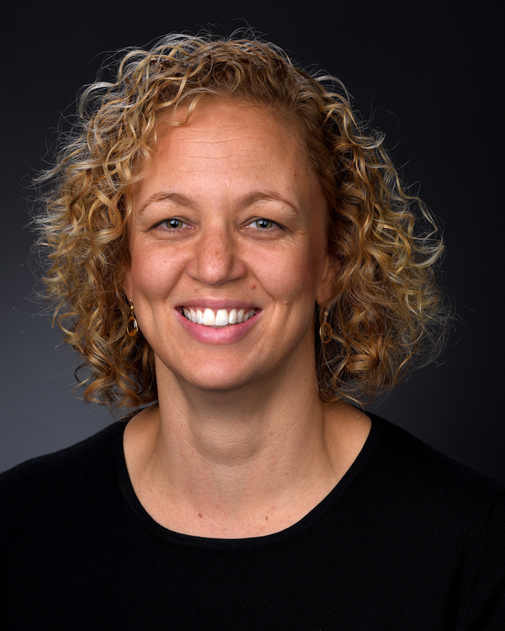As Chief Medical Officer for Axia Women’s Health, a women’s health network of nearly 400 providers, I’ve seen amazing transformations in the delivery of care during the Covid-19 pandemic. Like many other care providers, optimizing obstetric care in the early days put us on a telehealth fast track—the roll out of our AxiaConnect program was executed in weeks rather than the six to nine months we’d planned in the beginning of 2020. Even as we work to safely return patients to our offices for routine care, AxiaConnect demonstrated that virtual connections have a permanent role in helping deliver the personalized care women need.
Axia is no stranger to using technology to improve care. In early 2017, we began providing an Enhanced Recovery After Surgery (ERAS) program for repeat Caesarean sections, the first protocol of its kind in the United States for women’s health. We partnered with a tech company to create a clinical engagement platform resulting in a proprietary smart phone app for patients that provides education, reminders, and remote monitoring. Our care providers also gained access to custom dashboards to view patient compliance, patient-reported outcomes (PRO), and gain actionable insights to improve their care over time and accurately catch patients at risk of complication far sooner than the traditional follow-up. The protocol successfully reduced the average length of stay from 3.7 to 2.45 days. It also promoted early mobilization, an 87% reduction in post-operative opioid use, and increased patient satisfaction.
With this successful track record, we rolled out AxiaConnect telemedicine this Spring as a secure, HIPAA-compliant way to allow patients to virtually conduct a variety of visit types via videoconference from the comfort of their home, including routine OB/pregnancy care visits. It not only changed my thinking about how millennials want care, but provided many lessons that I would share with other decision-makers:
- While much can be accomplished in video-based “televisits,” such as counselling and blood-pressure checks, the advent of remote monitoring opens up even greater opportunities for providers to incorporate telehealth. Remote fetal wellness monitoring platforms such as INVU, can provide real-time data that increase the value of virtual wellness checks.
- Change management is a group effort that requires strong leadership. Successful implementation requires clear decisions on when and how to use telehealth and adequate training for staff and patients.
- The potential rewards of a well-executed telehealth program are many—feedback reflected a great deal of satisfaction from providers; providers obtained rich patient-driven surveillance; and both patients and providers enjoyed being connected in this way.
My passion is in developing innovative solutions that give women access to a more attentive, more sophisticated, more compassionate healthcare experience that meets their needs. Far from remote, telehealth has shown itself to be a valuable component to achieving those goals. As we seek to elevate the quality of our care while preserving the personalized nature of our approach, we see a future where telehealth extends beyond videoconferencing “televisits” to include deep remote monitoring like INVU’s remote monitoring platform.

